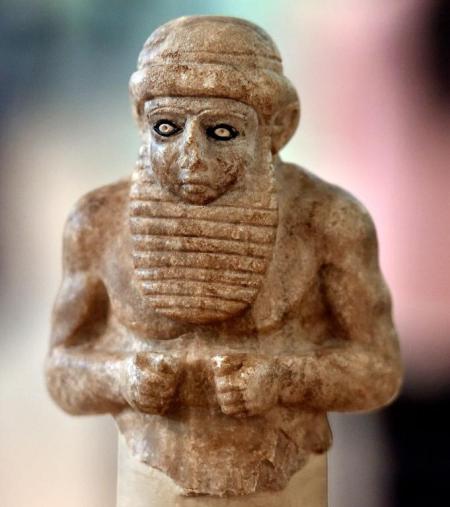So says Sebastian Morello in a fascinating article in The European Conservative entitled The Modern State Will Become Very Religious. He maintains that what we are seeing as secularism is simply a displacement of religion away from the church as a supernatural mediator onto the state with its political ideologies and personalities. As a result, the state–not the church–has become the moral authority, the enforcer of orthodoxy, and the punisher of heretics.
Morello says that it is completely “natural” for the religious impulse to be directed to earthly authorities, as history shows:
Given that religion is natural to mankind, and political government is the highest natural authority that exists over mankind—that is, mankind instantiated in his communities, nations, and empires, etc.—the proper authority over the religious life of any given natural community is its government. This fact has always been recognised. The Roman Emperor was arbiter over which were the public gods and which were the hearth gods, and eventually he even placed himself among the former. The Athenian statesmen were the protectors of religious life in their polis, and they lawfully executed Socrates for corrupting such religiosity among the young. The barbarian warlords of the north appointed their sacrificial priests and druids just as they appointed their lesser chieftains.
But the advent of Christianity brought about something new:
Our civilisation has historically held that this is the age of Jesus Christ, and consequently supernatural religion has entered the world. Christians claim that their religion does not have its origin in the natural religious impulse of human nature, but has come into the world from without, and in doing so has assumed into itself that natural religious impulse, has transformed it, and superseded it.
In short, Christians claim that their religion is not a natural religion, but a supernatural one. Thus, they claim it requires an institution of purely supernatural origin to be both its interpreter and promulgator, namely the Christian priestly hierarchy. Political leaders, whose role is rooted in the requirements of human nature, are simply not competent to be the highest authorities over this supernatural religion. Thus, in a Christendom model, we have two authoritative institutions on earth, one of natural origin, customarily called the State, and one of supernatural origin, customarily called the Church.
But now the “Christendom model” is disintegrating, and natural religion is re-asserting itself, as before, leading again to a divinized state:
As this disintegration unfolds, in its bid to maintain social stability, the State will naturally attribute to itself final authoritative judgement on religious and moral matters, just as it did in the pre-Christian age. As noted, it will consequently emerge as a post-Christian counterfeit magisterium. Thus, the State will make claims about sex, marriage, family, ‘selfhood,’ when innocent people can be killed, and progressively which opinions it is permissible to hold in one’s cloistered conscience. The State will increasingly interfere with every aspect of its citizens’ lives, implicitly believing its own bureaucratic system to operate as a quasi-providential hand. The last three centuries of Western history have provided ample examples of the State deifying itself, just as the pagan superpowers did in their most decadent epochs. . . .
No sooner will a government claim to be religiously neutral than it will adopt the most fanatical doctrines and practices—as is widely observable today in the post-Christian victim-worship of Western countries and their adoption of liturgical processions and months of festivity in celebration of mere sexual confusion. Moreover, governments will claim powers of encroachment and intrusion hitherto considered unthinkable, treating as heretics those who do not endorse its new religiosity in public, and now increasingly in private.
Morello’s “Christendom model” with two distinct authorities, the temporal and the spiritual, sounds much like the Lutheran doctrine of the Two Kingdoms. I would add that Morello’s paradigm of “natural religion” and “supernatural religion” helps us recognize how Christians sometimes revert to the more “natural” religion centered in temporal rule. I think of the pope’s claim to temporal authority, the earthly communities of the anabaptists, the leftwing “social gospel” of theological modernists, the rightwing “social gospel” of the Catholic integralists, the Reformed dominionists, Seven Mountain charismatics, and Christian nationalists.
Morello, however, is not saying that Christians should abandon temporal concerns. Christendom puts the two realms in relationship to each other, with both under the transcendent reign of God. But he shows what the divinized state looks like. And makes the point that “Every one of the muddled ideological systems that has informed the structure and direction of the modern State has been nothing more than a counterfeit religion of a people claiming to be emancipated from religion.”
Photo: “Priest-king from Uruk, Mesopotamia, Iraq, c. 3000 BCE” by Osama Shukir Muhammed Amin FRCP(Glasg), CC BY-SA 4.0 <https://creativecommons.org/licenses/by-sa/4.0>, via Wikimedia Commons













